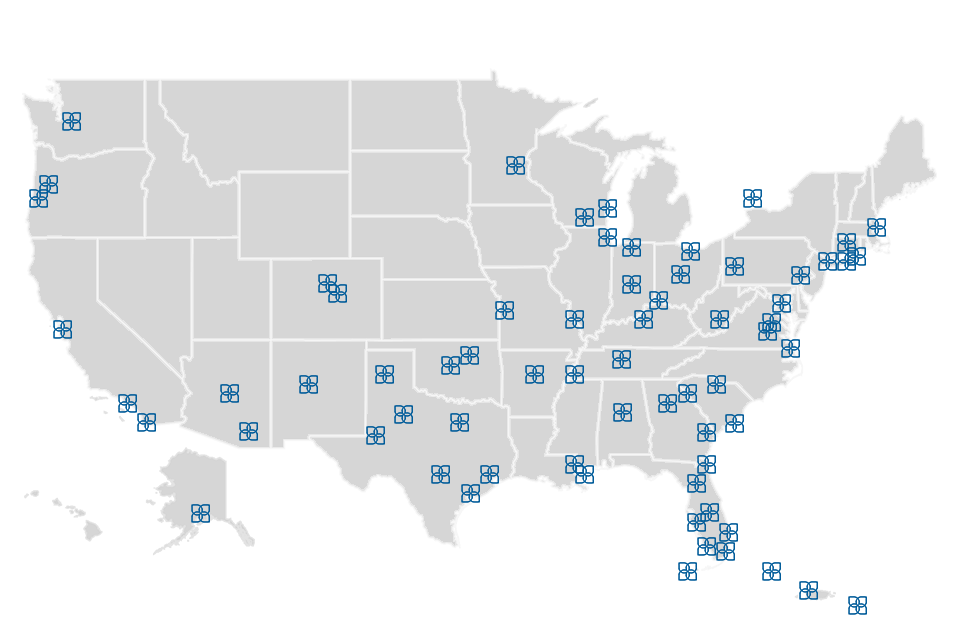Why You Should Sell Your Hotel to a First-Time Buyer
The ongoing emergence of first-time investors in the hospitality sector has been a noteworthy trend over the course of the current investment cycle. I’d like to share what we’ve gleaned—benefits and challenges alike—in working with this increasingly important subset of the hospitality investment community.
Why consider selling to a newcomer in the hospitality investment space? In a word: pricing.
First-time buyers are often willing to pay more for a given property than traditional hotel investors. There are several reasons for this. Many longtime real estate investors are lured to hospitality by the relatively superior returns afforded by the investment. When multifamily investments are trading at 4% cap rates, buying a select-service hotel at a 7% cap rate is appealing.
Additionally, some groups, seeking to boost their credibility for future transactions in the hotel space, are inclined to make a good first impression with their initial investment and pay up. Further, the pool of first-time buyers tends to be populated primarily by high-net-worth investors and family offices, which have long-term—if not indefinite—ownership horizons. Intending to acquire and hold an asset for a generation, rather than five to seven years, can mean reduced return hurdles and willingness to take on a higher purchase price.
Finally, in some cases, a first-time buyer is simply the best candidate for an opportunity for a unique, intangible reason. The hotel may have special significance, whether it’s proximate to the first-time buyer’s non-hotel holdings, it’s within a stone’s throw of the investor’s home or vacation home, or it’s the sort of place the investor wants to show off to friends; after all, hotels tend to be more fun and personal than other real estate asset classes! This is not at all to suggest that a first-time buyer is less sophisticated than a more traditional investor or will unrealistically overpay for an acquisition, just that some do have a different approach to arriving at value.
Working with a first-time buyer does sometimes present challenges. First, a buyer without a proven track record can concern some sellers, though this can be overcome by providing proof of funds or investment history outside of lodging. Interviews, whether in-person or over the phone, are also a great way to enhance the comfort level between interested parties.
Further, unlike other real estate asset classes, hotels and resorts pair real estate with an operating business, and underwriting the latter takes a unique and specific set of skills. This can require constant attention from a seller and its broker to address matters often taken for granted when working with established hotel investors.
Additionally, guiding a first-time buyer with no preexisting brand relationships through the franchise approval process can present another set of challenges. But with persistence and focus, a first-time buyer can overcome the potential obstacles in its path.
This ascent of first-time buyers reflects the perceived strength of hotels as a legitimate—and oftentimes superior—alternative to other real estate asset classes. As such, our firm looks forward to continuing to shepherd first-time buyers of all stripes across the deal finish line. More often than not, that first transaction only strengthens the desire to own additional hotels. No longer first-time buyers, many of these groups have fully immersed themselves in our industry and continue to move it forward.
Here are several pieces of advice we give to first-time buyers:
-
- Partner with an experienced hotel investment advisor who can assist with asset evaluation, financial projections, underwriting and the franchise process.
- Be prepared to establish your credibility. Sellers will look for prior investing experience, creditworthiness and, perhaps, demand “bulletproof” deal terms (e.g. abbreviated due diligence and closing timeframes; and substantial, potentially nonrefundable deposits).
- Begin the franchise approval process early, as it can take a while, especially if you don’t have a pre-existing relationship with the brand. Understand the full range of applicable fees, such as basic royalty percentage, cost of reservation systems, or marketing and advertising co-op fees.
- Understand that hotels require ongoing capital expenditures for preventive maintenance and periodic upgrades, including as part of brand property improvements plans (PIPs), which are almost always triggered upon change of ownership.


